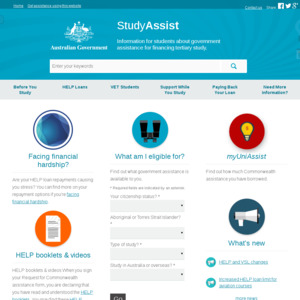Hi
Had a question about HECS help debt. Is it removed pre tax?
I looked up this question on google but doesnt seem to get a clear answer: the answer from ATO is
Thanks for your question! Your employer withholds additional amounts from your pay each pay period and sends the full amount (your withheld tax and your withheld HELP repayments) to us at the end of the financial year.
There have been many answers from google- what i gather is help debt is paid from your pre tax salary?
What I want to know is
e.g. say gross payments $60,000 (i.e. before tax). Is the HECS debt (say $5k for the year) taken out from $60,000, or is it taken out after tax is deducted).
The difference between the two is that if they take it out prior to tax then you only need to pay 5k, but if they take it out of your post tax salary then you have to pay back 5k+tax bracket so prob around 6k?
Hope this makes sense..

Neither. It's based on your taxable income, and IS tax.